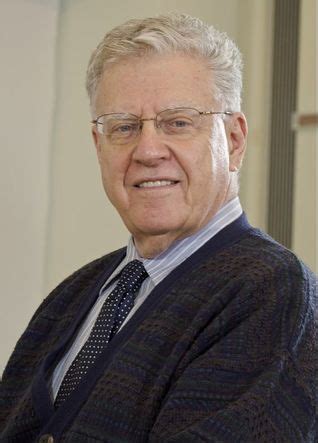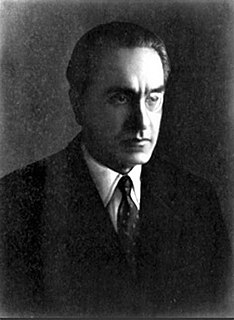A Quote by Jack Newfield
Robert Kennedy identified with people, not data, or institutions, or theories. Poverty was a specific black face for him, not a manila folder full of statistics.
Quote Topics
Related Quotes
The chief instrument of American statistics is the census, which should accomplish a two-fold object. It should serve the country by making a full and accurate exhibit of the elements of national life and strength, and it should serve the science of statistics by so exhibiting general results that they may be compared with similar data obtained by other nations.
The World Bank is the monopoly provider of poverty data and, partly due to a leadership change there, the World Bank's reporting has been heavily on the rosy side since about 2000. The Bank's cultivation of an upbeat picture affords a very interesting lesson in statistics and how you can, depending on which numbers you present and how you present them, create a more positive or more negative impression of the evolution of poverty.
We are all trained to be data driven people, but no hard data exist about the future. Therefore, the only way to look into the future with any degree of accuracy is to use theory, statements of what causes what and why. If executives have the right theories in their heads, they can very quickly interpret market developments. They can identify what matters and why, and act accordingly. So we suggest decision-makers should start by gaining a deep understanding of the relevant collection of theories, and then be alert for signals that indicate certain types of developments.
Robert Neville looked out over the new people of the earth. He knew he did not belong to them; he knew that, like the vampires, he was anathema and black terror to be destroyed. And, abruptly, the concept came, amusing to him even in his pain. ... Full circle. A new terror born in death, a new superstition entering the unassailable fortress of forever. I am legend.
































